Managing a Mental Health Condition in College
 College means new freedoms and new opportunities. Making the transition to college isn’t easy for anyone. Classes will be more difficult than high school and you have to plan ahead and motivate yourself to study. Plus you may have the new and stressful experience of living with a randomly-assigned roommate. All these things can impact your mental health. To make sure you succeed in college, know where to find support and how to put your best foot forward. Read more »
College means new freedoms and new opportunities. Making the transition to college isn’t easy for anyone. Classes will be more difficult than high school and you have to plan ahead and motivate yourself to study. Plus you may have the new and stressful experience of living with a randomly-assigned roommate. All these things can impact your mental health. To make sure you succeed in college, know where to find support and how to put your best foot forward. Read more »
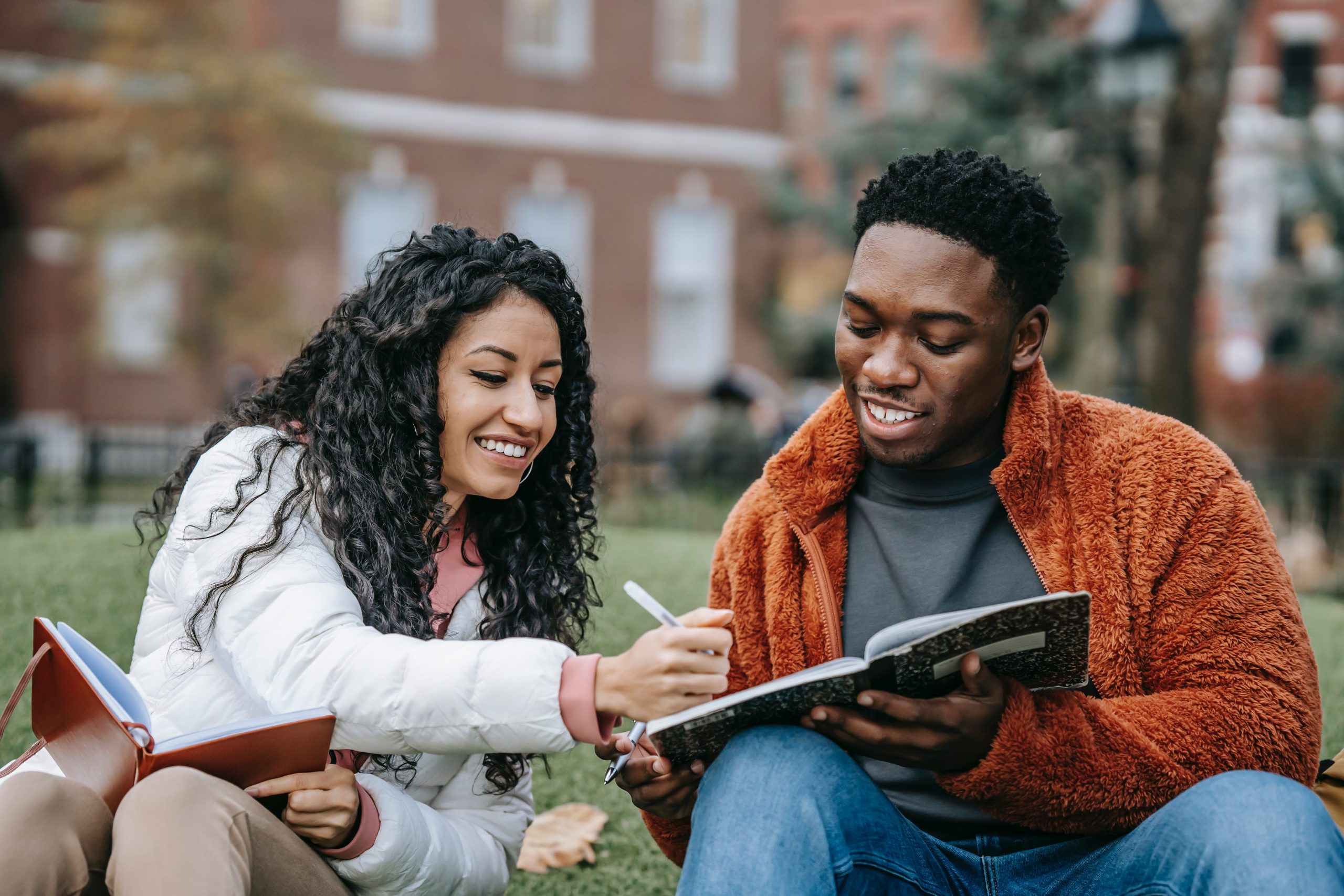
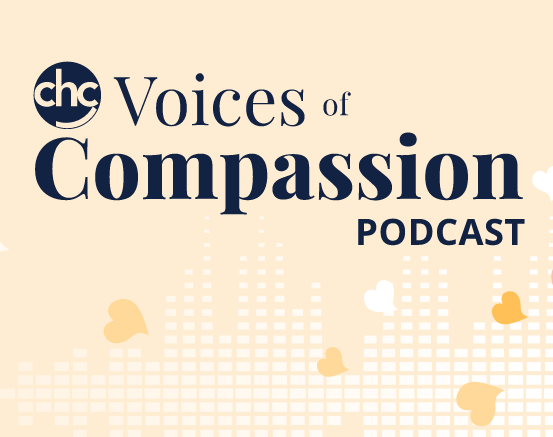
 As a parent in a pandemic, you feel like you have to be superhuman or you’re not doing enough. The reality is that if you can be kinder to yourself, you will also be happier, more resilient and compassionate with others. In this episode,
As a parent in a pandemic, you feel like you have to be superhuman or you’re not doing enough. The reality is that if you can be kinder to yourself, you will also be happier, more resilient and compassionate with others. In this episode, 
 The News Literacy Project and Scripps are teaming up with other partners Jan. 25-29 on sessions, activities and resources for educators to help children identify truth from fiction.
The News Literacy Project and Scripps are teaming up with other partners Jan. 25-29 on sessions, activities and resources for educators to help children identify truth from fiction. 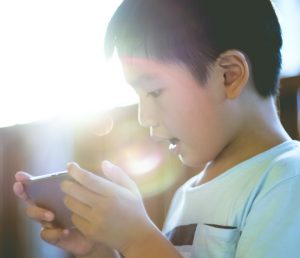 Can a quality preschool education be conducted online when overwhelming evidence
Can a quality preschool education be conducted online when overwhelming evidence 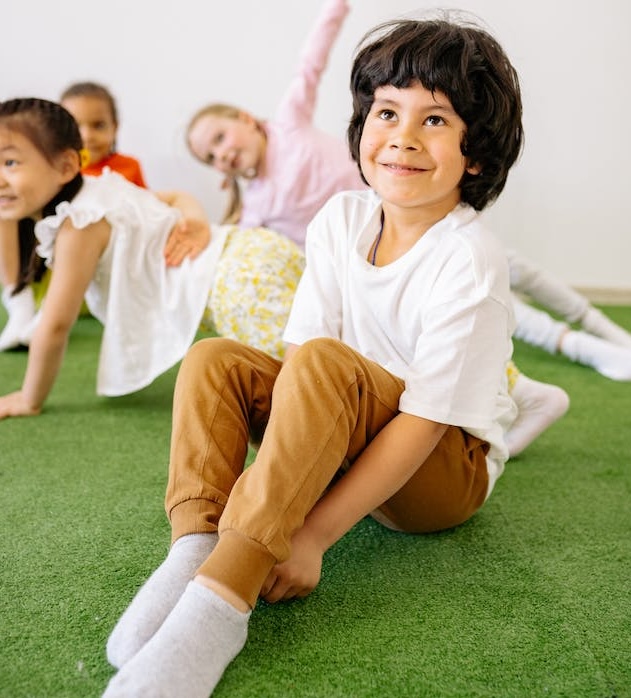
 A sensory path is a series of guided movements for kids to follow, shown by markings on the ground or walls. As students follow the path and complete the movements, they work off excess energy and develop their gross motor skills. The various movements on a path are often designed to engage different parts of the body and brain, from frog hops to spins and wall pushes.
A sensory path is a series of guided movements for kids to follow, shown by markings on the ground or walls. As students follow the path and complete the movements, they work off excess energy and develop their gross motor skills. The various movements on a path are often designed to engage different parts of the body and brain, from frog hops to spins and wall pushes.
 Staring at the faces of the middle school teachers on her computer screen, Principal Laina Cox felt the tears welling up — again. They were discussing an email she’d sent the night before. The subject line read: “Living history.”
Staring at the faces of the middle school teachers on her computer screen, Principal Laina Cox felt the tears welling up — again. They were discussing an email she’d sent the night before. The subject line read: “Living history.”
 Distance learning is hard, even for kids without emotional or behavioral challenges. Not to mention the strain on parents working remotely while trying to support their child’s at-home education. We sat down with behavioral expert Jody Miller, MEd, BCBA, to hear her best strategies for promoting and positively reinforcing good behavior, as well as what steps to take when your child is struggling.
Distance learning is hard, even for kids without emotional or behavioral challenges. Not to mention the strain on parents working remotely while trying to support their child’s at-home education. We sat down with behavioral expert Jody Miller, MEd, BCBA, to hear her best strategies for promoting and positively reinforcing good behavior, as well as what steps to take when your child is struggling. 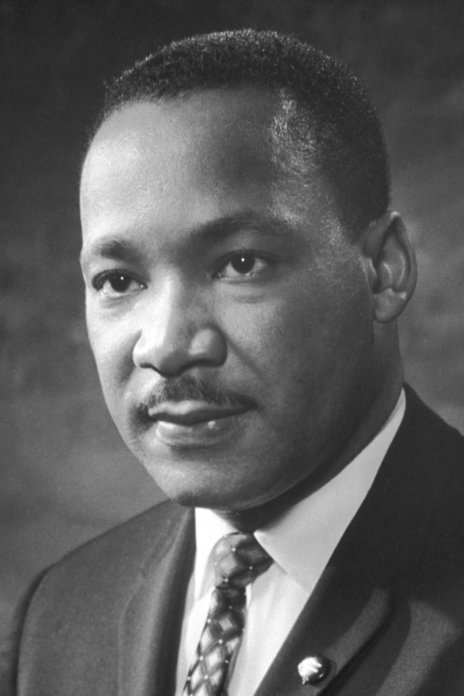
 Civil Rights leader Dr. Martin Luther King, Jr., never backed down in his stand against racism.
Civil Rights leader Dr. Martin Luther King, Jr., never backed down in his stand against racism. 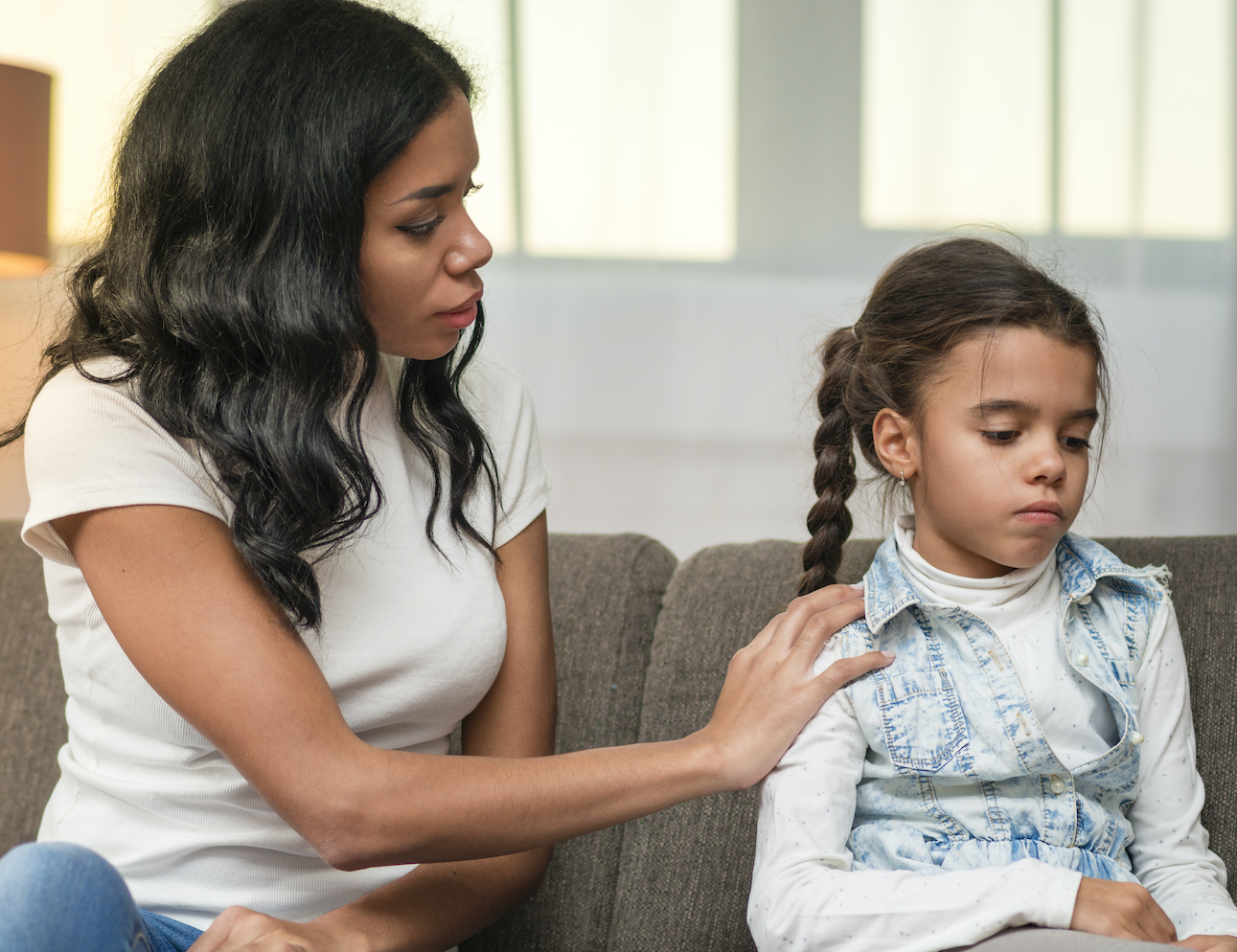
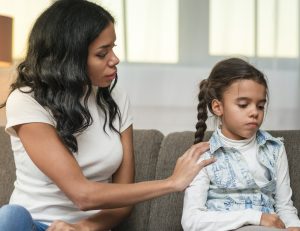 High profile acts of violence, particularly in schools, can confuse and frighten children who may feel in danger or worry that their friends or loved-ones are at risk. They will look to adults for information and guidance on how to react. Parents and school personnel can help children feel safe by establishing a sense of normalcy and security and talking with them about their fears. The
High profile acts of violence, particularly in schools, can confuse and frighten children who may feel in danger or worry that their friends or loved-ones are at risk. They will look to adults for information and guidance on how to react. Parents and school personnel can help children feel safe by establishing a sense of normalcy and security and talking with them about their fears. The 

